One of the benefits of being an Oncologist is that, as a rule, people appreciate our work. That does not mean they want to hear about our day and the response when someone learns my vocation is rarely “Hey, that’s sounds like fun!” Nonetheless, at least there is a modicum of respect. However, I found a group of people with major questions about the work of cancer docs or at least how we do it.
Last week, I attended the 25th Anniversary meeting of the AAHPM, the American Association of Hospice and Palliative Medicine. This was a first rate, extremely well organized, cutting-edge convention of thousands of doctors, nurses, social workers, pharmacists, administrators, leaders and researchers, who devote their lives to quality chronic and end-of-life care. They discussed the latest research, health policy, presented new ideas and networked around this vital area of medical care. I attended a very cool New Orleans style mock funeral, 6-piece brass band and all. However, as one of the few oncologists present, I can say that as a group the AAHPM crew are highly critical of my specialty and I must conclude it is our fault.
The reality exists that oncologists are not likely to have early discussions about end-of-life planning or share with their patients honest prognostic data. In the guise of preserving hope, we tend to provide treatment in lieu of information and rarely will we give the option of doing nothing. While almost half of those dying in America last year were on hospice, too few of them were cancer patients and they were often referred late. The average hospice referral occurs when the patient has less than 20 days to live, even though the hospice benefit gives at least six months of support. In fact, a large number of cancer patients receive chemotherapy in the last two weeks of their lives and a disproportionate number die in hospitals, instead of at home.
Hospice and palliative care physicians would say that the oncologist should be having honest conversations regarding life planning, from early in each case, asking whether patients would wish to be supported by machines, what goals they have for the remainder of their lives or at least suggest completing an Advance Directive (AD). Oncologists, who apparently believe the word “die” contains four letters or has the power to kill, tend to focus on getting their patients safely through each treatment, and they would say that too early end-of-life discussions are tantamount to giving up.
The problem is that when we do not plan, especially for the inevitable, we risk chaos and unneeded suffering. A dangerous gap of information occurs when we only discuss disease, diagnosis and therapy and do not review side effects, alternatives and long-term desires. Patients fall into this chasm of absent communication and experience pain, fear, and lost opportunity.
Palliative medicine and hospice offers to each patient the opportunity for improved life quality and the chance to live better and longer. Oncologists need to learn that it is possible, and in deed preferable, to have very early discussions about end-of-life choice. Palliative medicine practitioners must be sensitive to the goals of oncologists, who are trying to extend and improve life by directly attacking the disease. These two specialties have a lot to teach each other and patients. We must honestly communicate with each patient in order to achieve the quality of life they deserve.

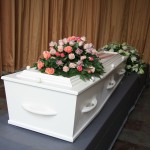

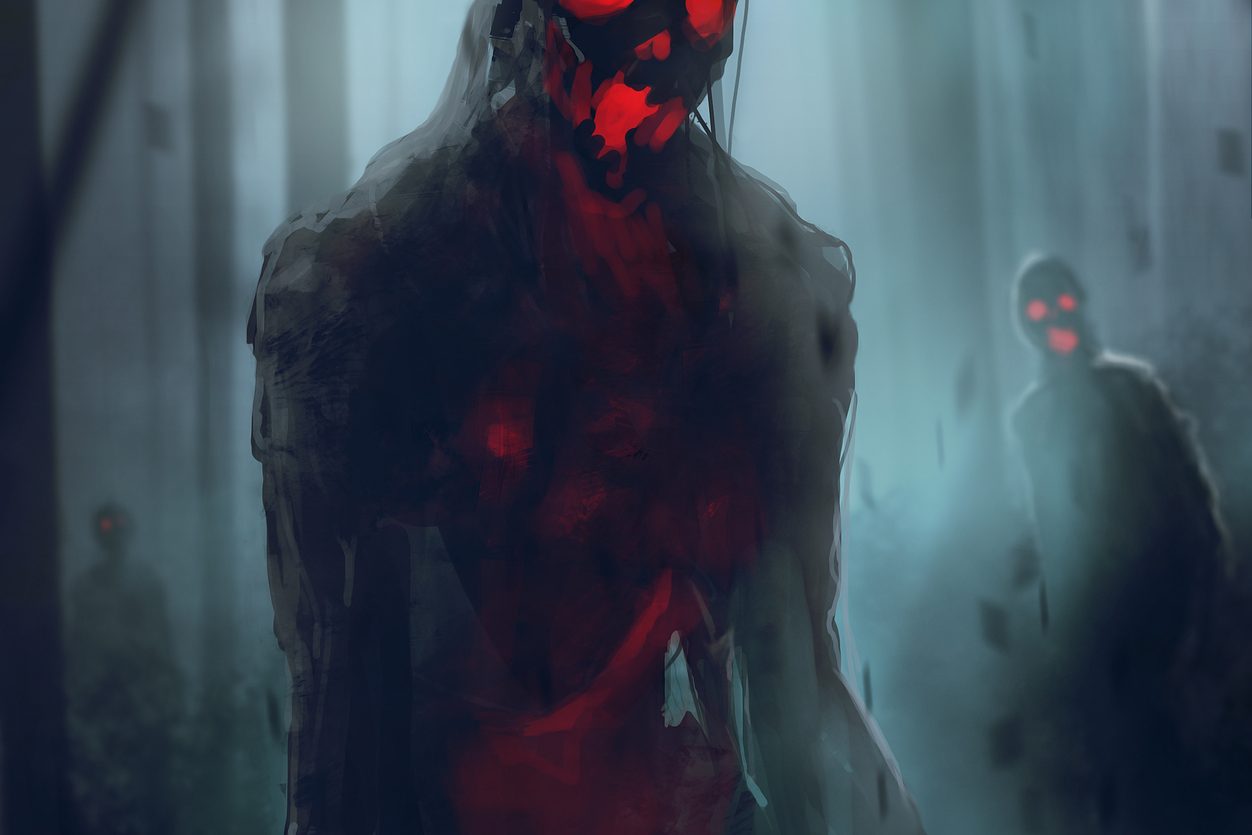
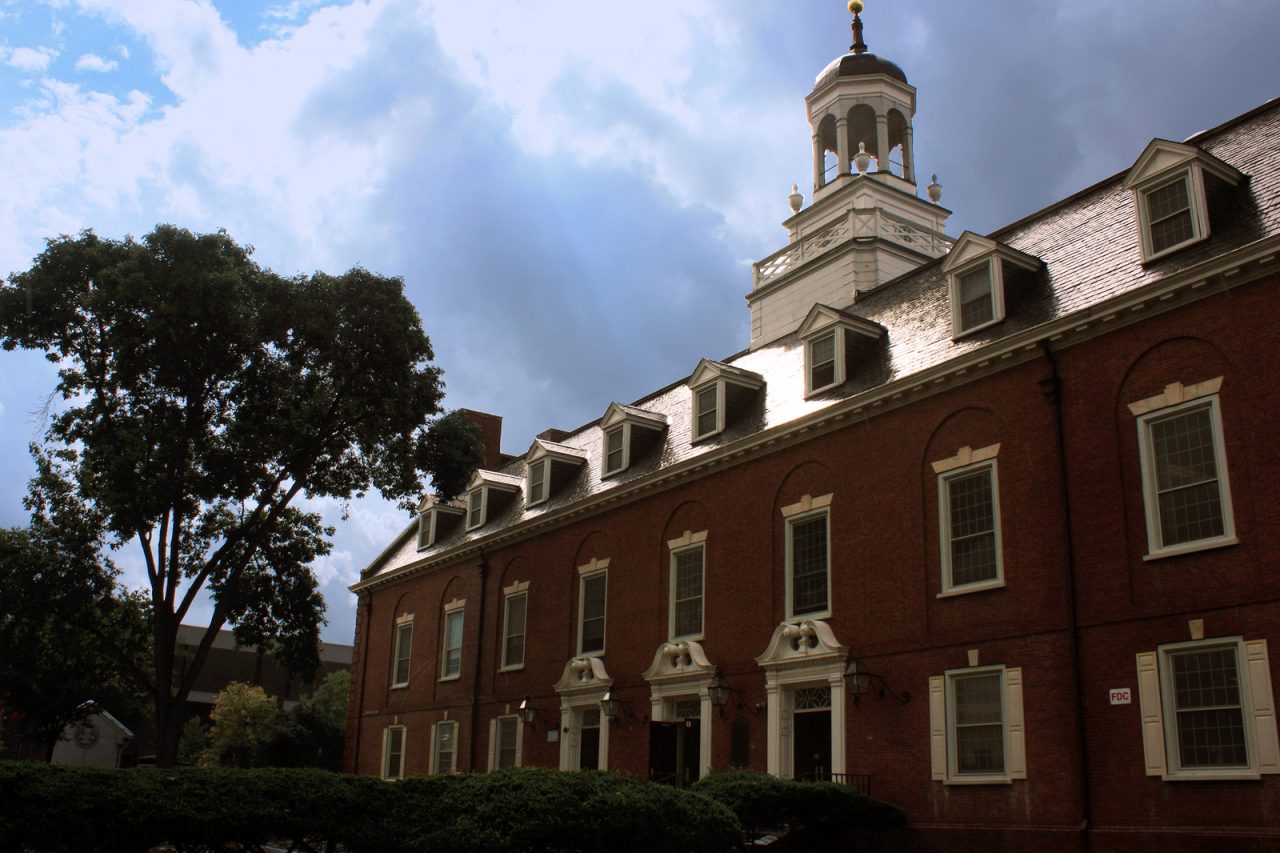
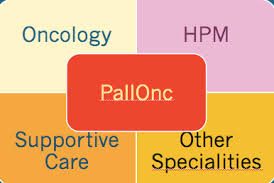
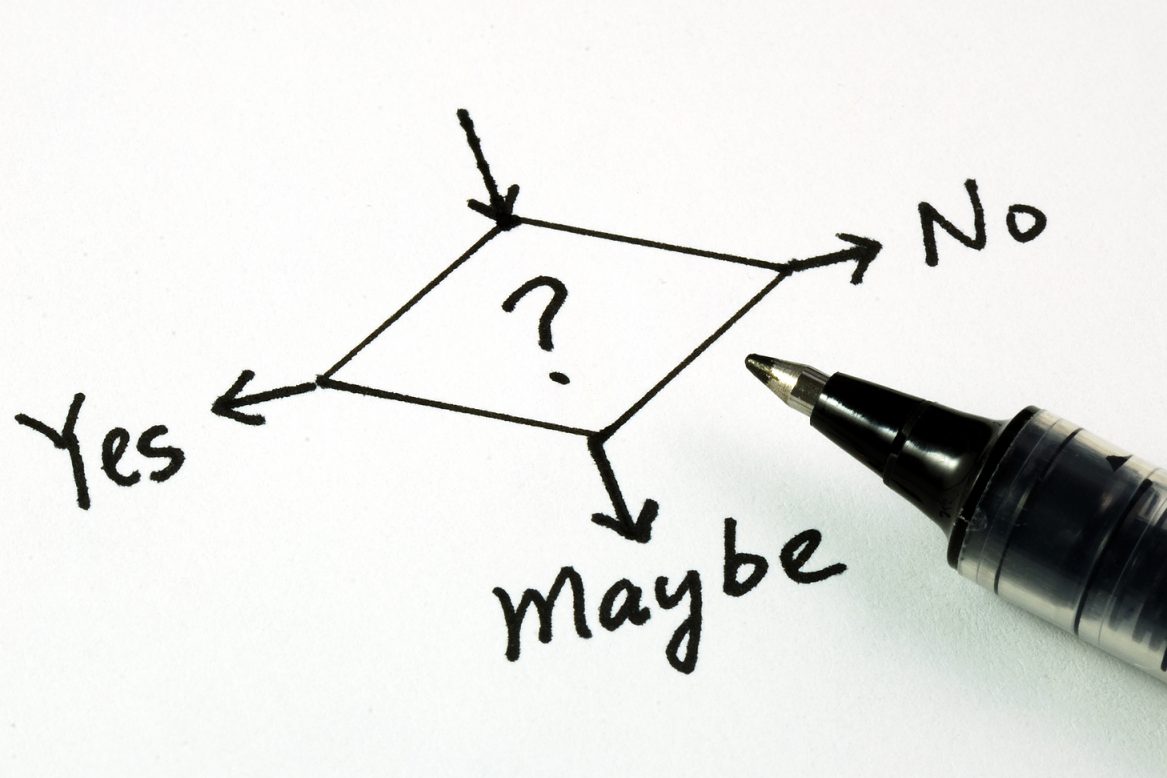
13 Comments